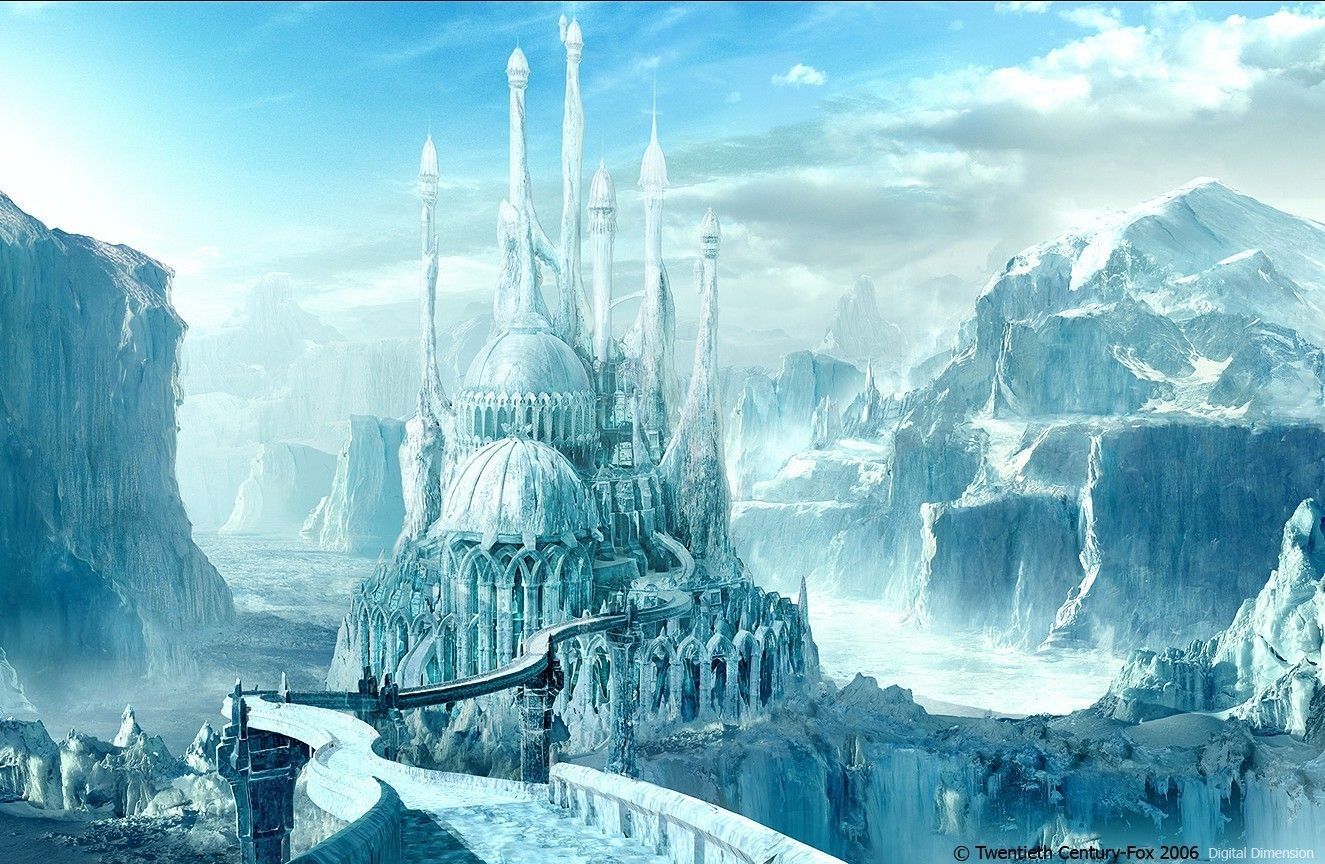Anduin
The Kingdom of Anduin is a wintry elven domain situated in the far eastern reaches of Siberia, adjacent to the ancient migration bridge that once linked to the New World. This region remains largely uncharted, shrouding its current location and geographical features in mystery. The kingdom has a population of 27,089.
Contents
Winters are long and bitterly cold, with temperatures that range from arctic to polar conditions. Summers are short and cool. The region is subject to permafrost, with large areas where the ground remains frozen the year-round. The predominant vegetation includes mosses, lichens, grasses and small shrubs. Mushrooms and berries fare well in many parts. In better watered places there are dwarf willows and birch. Migratory birds flock in large numbers during the late Spring and remain into the early Autumn.
Geography
The vast and remote region located in a far northern part of the Asian continent, characterised by a diverse topography of mountain ranges, vast tundra plains and rugged coastlines upon the Arctic Ocean and Bering Sea. There are numerous small rivers and sizable lakes. The Shusotla Mountains form the spine of the region, with peaks reaching heights above 6,500 ft. The coastline includes numerous bays, fjords and islands, offering stunning vistas and serving as important breeding grounds for marine life, especially seals and walruses.
The remoteness and terrain have historically made it one of the most isolated places on Earth. Settlements are scattered and travel is extraordinarily difficult, even impossible in winter.
History
Anduin traces its origins back to a cultural fragment of the ancient land of Beringia, established by extra-planar elves approximately 35,000 years ago. These elves hailed from the realm of Silvanie in Outer Earth. According to legendary accounts, Beringia was founded by four eminent grey elves who led their people to Earth in search of refuge from their adversaries. Over time, this land would evolve into an enigmatic and flourishing kingdom, thriving for an impressive span of 5,000 years.
However, as the world underwent a cooling phase related to the world's last Ice Age, Beringia's population began to dwindle. Ultimately, the kingdom met its demise as permanent ice accumulated and began to destroy all that existed of the kingdom, between 22,000 and 20,000 years ago. Of its original nine tribes, eight endured as nomadic societies until the final retreat of the ice approximately 11,000 years ago. Regrettably, the ninth tribe, known as the "Grey," vanished along with the fall of Beringia.
The remaining tribes embarked upon an eastward journey across the land bridge into the New World. One of these, the Anduin tribe, returned again some 1,500 years ago, resettling old Beringia and renaming the kingdom after their own tribe. This historical journey of these elvish tribes from their distant homeland to the establishment of Anduin is a tale that tells of their resilience and adaptability across millennia.
